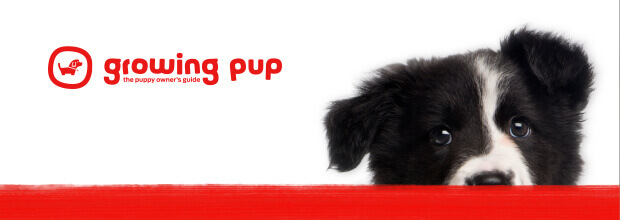A German farm dog bred to guard livestock and catch vermin, the Standard Schnauzer has a hardy, athletic body marked by a bearded nose and bushy eyebrows. A natural protector, this territorial breed is an excellent watchdog. The lively Standard Schnauzer needs several brisk walks daily, and his coarse, lightly shedding coat should be brushed regularly to avoid mats and stripped at least twice a year.
DID YOU KNOW? The Standard Schnauzer is the original and oldest of the Schnauzer breeds, which includes the Miniature and Giant Schnauzers. The breed’s name is derived from the German word “schnauze,” which means “muzzle.”
ALSO KNOWN AS: Mittelschnauzer, Schnauzer, Wirehair Pinscher














